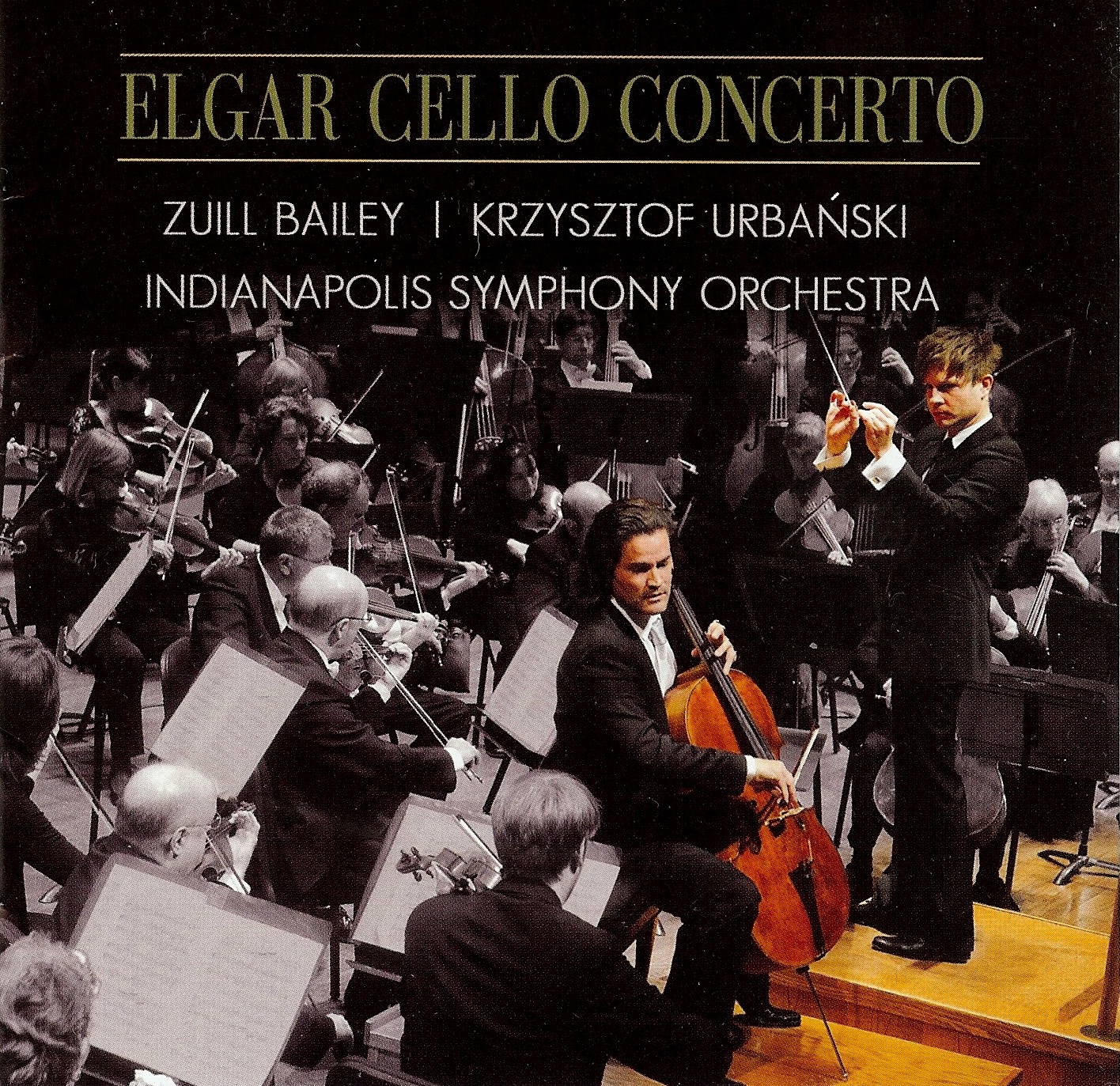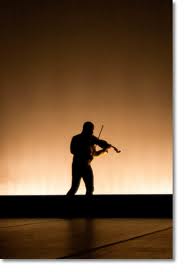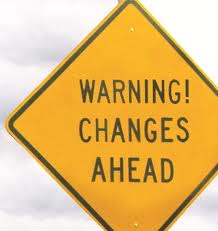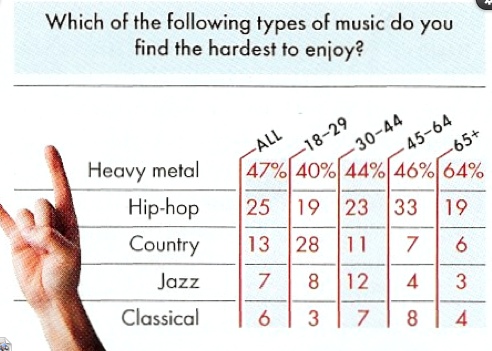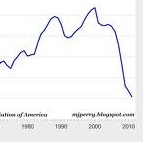[contextly_auto_sidebar] So now — continuing about changes in the conservatory curriculum — some thoughts about how to teach music history and theory. And remember that I’m offering free consulting sessions to anyone who’d like to talk about these issues. I can help! Contact me. I might note to start that there might be classes on what’s happening now. What’s the state of classical music? What are the problems in the field, how are things changing? And why — in language we could use with nonbelievers — is classical music worth … [Read more...]
From Lara Downes: Here at the Exiles’ Cafe
[From Greg: I'm happy to introduce the first of our guest bloggers. Lara Downes seemed like a perfect choice, because she'd already emailed me about some classical CD covers she likes, and because the explosion of comments on her own CD image almost cried out for a response from her. I'm happy that she made one — in a very friendly, companionable way — and I'm delighted to think we might hear from her from time to time about all of her work. She's a fine example of an entrepreneurial classical musician.] Well, I've been enjoying the lively … [Read more...]
Fail
Even while classical music changes — see my last post — it keeps showing why it needs to change. Case in point: the cover of a CD that came in the mail: Ugly! And completely unconvincing, if we're supposed to believe this recording is anything we'd want to hear. The conductor looks like he's a stiff 14 year-old. The cellist looks blah. The, um, artistic device of putting the orchestra in black and white while the conductor and soloist are in color doesn't work, because the conductor and soloist don't stand out enough. (And what are the … [Read more...]
(Il)literacy
Here's a question I was asked: Will technology raise the level of musical literacy? This came up in a panel discussion, during my visit last week to the University of Missouri. And as I considered the answer, something occurred to me. There's more than one kind of musical literacy. So this is what I said. In classical music, we of course think musical literacy means being able to read music. And, maybe also it means knowing about classical music — the composers, their works, the instruments, important periods in classical music … [Read more...]
What we have to do
Now it's time to return to the main business of this blog, which of course is the future of classical music. And also to return to something I stressed before my vacation, which is that the main business — the highest priority, the central focus — of people in our field should be to find a new audience. This ought to be a no-brainer. As things are now, the old audience isn't being replaced, or at least not in anywhere near large enough numbers to sustain classical music institutions at the size they are now. Or to give smaller groups and … [Read more...]
Playing more vividly, for the new audience
At last I've gotten to the last part of my long disquisition -- which was longer than I meant it to be, and maybe longer than it should have been. Loyal readers will remember I said that the highest priority for the classical music world should be to build a new audience, and that this would require doing three things: making performances feel more lively, playing repertoire that reflects contemporary life, and -- finally -- playing all music, but especially the old masterworks, more vividly. That last point bothered some people, including … [Read more...]
Building a young audience (first post)
So how do we build a young audience? Of course I need to offer ideas, first because I've said (and here, too) that building a young audience should be the highest priority for classical music. And, second, because I can help you do that, if you hire me as a consultant. So I need to show how I can help. To build a young audience, we need to do three things: (1) change the way we present classical music (2) change the repertoire we play, and (3) play better. I'm sure that last will be controversial! But let me address these points one by … [Read more...]
The great change
In my last post, I said that classical music needs a huge change. And the change will have to be radical. Classical music needs to lose its sense of entitlement, the belief many of us in the classical music world have that classical music is supremely important, necessary for any civilized society, and therefore has to be supported -- financially, by our schools, and in many other ways. To see why I think this, go back a generation or two or three, let's say to the 1940s and '50s. Classical music, back then, had a working ecosystem. It was … [Read more...]
A wild time
It's a wild time for classical music. That's the headline on my home page. And it's the opening sentence of the revised and final version of my book. Why is this a wild time? First because of the classical music crisis -- declining ticket sales, a shortage of funding, an aging, shrinking audience, all these things we've talked about for so many years. And, of course, lying behind all that, there's the sense we've all had that classical music -- at least for the past generation -- has been growing more distant from the rest of our … [Read more...]
Classical music is easy
Many of us think classical music is difficult, inherently difficult. That complexities of form and musical process aren't readily heard, without education in classical music, and that this is why people -- so many of them -- don't care to go to classical performances. But a survey conducted in March by 60 Minutes and Vanity Fair suggests otherwise. You can read the results in the June issue of the magazine, the one with Marilyn Monroe on the cover. (Look for page 56.) More than 900 people all over the US were asked which type of music they … [Read more...]
Let’s trust our supporters
I'm amazed, truly amazed, at some of the pushback my recent posts have gotten. And maybe what amazes me most is the idea that we're going to hurt orchestras -- and all of classical music -- by talking about things that might be bad news for the field. Such as financial trouble, or declining ticket sales. Why do people say that talking about bad news will hurt us? Because -- allegedly -- it will scare away our supporters, especially those who give us money. Amazing. If we believe that, then we believe: (a) that our supporters (ticket … [Read more...]
Why don’t we know?
As I look over the comments on my recent posts -- and of course over many things that have been done and said over the past few years -- I'm struck by something we don't seem to agree on. "We" being people involved professionally in classical music. And that's whether the field is in trouble. And, most pointedly, whether orchestras are in trouble, or whether they're essentially healthy. But then I have to ask why we're having this debate. Why don't we know? In the newspaper industry, for instance, there's no debate about how things stand. … [Read more...]
Alec Baldwin shows us the way
I'm going to be posting a lot about the future -- or, rather, about how to make classical music ready for the future. And, especially, how to make classical music institutions ready. A lot of what we need to think about involves the culture around us -- the culture into which classical music needs to expand, if we're going to find more audience. I know this idea isn't always welcome, but think about it. If we want to attract people who don't now listen to classical music, who are they? Clearly they're people who live in our … [Read more...]
Thinking bigger — Grammy post followup
I'm all for growing our niche audiences incrementally, using the Grammy awards for whatever they can get us. But we shouldn't be satisfied with incremental growth. We're ready to explode. Let's go for it! I'm surprised -- but happy -- about how much comment my Grammy post got, the post in which I said the classical Grammys didn't matter much. And I got a lot of pushback. Yes, the Grammys matter. They're recognition for recordings that might not otherwise get it (or at least not so prominently). The Grammys help with promotion -- if … [Read more...]
Cries of pain
"The reason I subscribed to Capital Public Radio is for classical music," says a subscriber to the public radio station in Sacramento, CA. Which, like many (most?) public radio outlets, has cut back on classical programming. And now, adding insult to injury, is moving its jazz broadcasts to a classical station it runs, displacing classical music even more. "Many classical music lovers feel they have been left in the lurch during their prime listening time at home," says the news story I linked to. "I'm feeling disenfranchised," says the … [Read more...]



